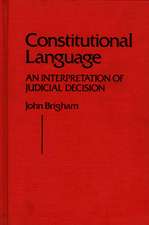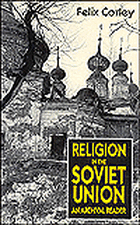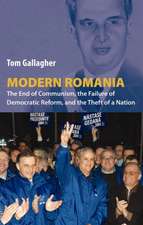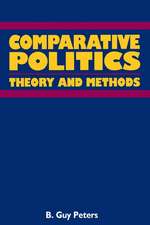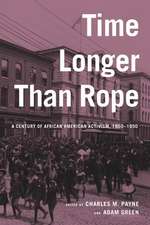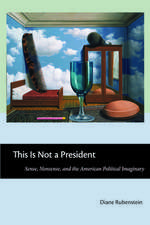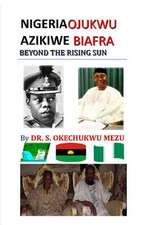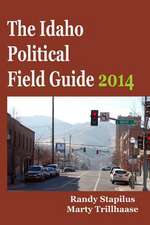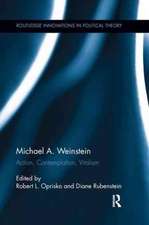The Constitution of Interests – Beyond the Politics of Rights
Autor John Brighamen Limba Engleză Paperback – 30 iun 2000
| Toate formatele și edițiile | Preț | Express |
|---|---|---|
| Paperback (1) | 223.80 lei 6-8 săpt. | |
| MI – New York University – 30 iun 2000 | 223.80 lei 6-8 săpt. | |
| Hardback (1) | 524.66 lei 6-8 săpt. | |
| Wiley – 30 noi 1996 | 524.66 lei 6-8 săpt. |
Preț: 223.80 lei
Nou
Puncte Express: 336
Preț estimativ în valută:
42.82€ • 46.66$ • 36.09£
42.82€ • 46.66$ • 36.09£
Carte tipărită la comandă
Livrare economică 23 aprilie-07 mai
Preluare comenzi: 021 569.72.76
Specificații
ISBN-13: 9780814712863
ISBN-10: 081471286X
Pagini: 238
Dimensiuni: 152 x 229 x 15 mm
Greutate: 0.32 kg
Ediția:Revised
Editura: MI – New York University
ISBN-10: 081471286X
Pagini: 238
Dimensiuni: 152 x 229 x 15 mm
Greutate: 0.32 kg
Ediția:Revised
Editura: MI – New York University
Recenzii
"The strengths of the book are many. The theme is well conceived and argued. It is thought provoking and informative. The author has done his homework. . . . [and] does a good job of weaving his theme from chapter to chapter."
--The Law and Politics Book Review "Highly recommended."
--Choice "John Brigham's work is always at the cutting edge of law and politics research. This book is the clearest statement yet of the newest research direction, one that takes as its key words, 'constitute,' 'discourse,' and 'practice.'"
--Martin Shapiro, School of Law,University of California, Berkeley
"The strengths of the book are many. The theme is well conceived and argued. It is thought provoking and informative. The author has done his homework... [and] does a good job of weaving his theme from chapter to chapter." --The Law and Politics Book Review "Highly recommended." --Choice "John Brigham's work is always at the cutting edge of law and politics research. This book is the clearest statement yet of the newest research direction, one that takes as its key words, 'constitute,' 'discourse,' and 'practice.'" --Martin Shapiro, School of Law,University of California, Berkeley
--The Law and Politics Book Review "Highly recommended."
--Choice "John Brigham's work is always at the cutting edge of law and politics research. This book is the clearest statement yet of the newest research direction, one that takes as its key words, 'constitute,' 'discourse,' and 'practice.'"
--Martin Shapiro, School of Law,University of California, Berkeley
"The strengths of the book are many. The theme is well conceived and argued. It is thought provoking and informative. The author has done his homework... [and] does a good job of weaving his theme from chapter to chapter." --The Law and Politics Book Review "Highly recommended." --Choice "John Brigham's work is always at the cutting edge of law and politics research. This book is the clearest statement yet of the newest research direction, one that takes as its key words, 'constitute,' 'discourse,' and 'practice.'" --Martin Shapiro, School of Law,University of California, Berkeley
Notă biografică
Textul de pe ultima copertă
Clearly, the structure of authority in this country rests on how Americans understand the nature and relationship of law and politics. Law consists of pronouncements from the courts, but also of what we think of these pronouncements: should abortion be a choice or is it murder? Law is formed as much through the dynamic tensions that govern how these laws are received as through their official decree. Legal forms - contracts, property, rights - similarly do not reflect pre-existing or natural categories but themselves constitute social and political life because they dictate how we conceptualize our world. Even activists who seek reform inadvertently reinforce the traditional legal remedies against which they rally, oftentimes relying on legal institutions while claiming to be free of them. John Brigham's book focuses on four particular ideological movements and their strategies, including the emphasis placed by gay men on their rights during the legal struggle over the closing of gay bathhouses in the early years of the AIDS crisis and the radical feminist use of rage and radical consciousness in anti-pornography campaigns. The effect of law in politics, Brigham convincingly reveals, is constitutive precisely when political life finds its meaning in various legal forms.


